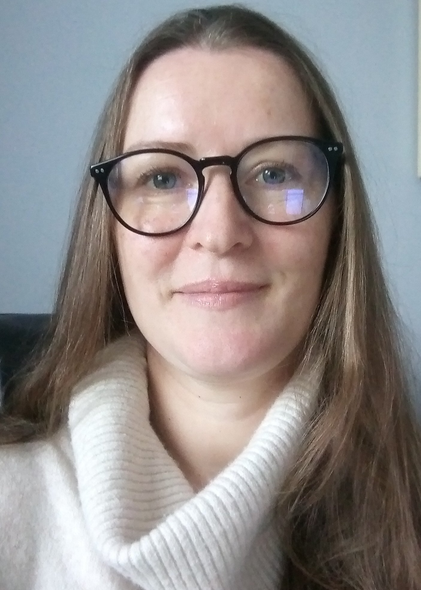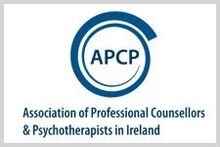Welcome
Hello & welcome if your questions are not answered here please feel free to contact me, take a look at our Instagram for some tips @BredaMorrisseyCBT
How can therapy help you
The goal of individual therapy is to inspire change and improve the quality of life through self-awareness and self-exploration. While effective therapy can be extremely worthwhile for many, it is critically necessary for some, especially those with mental illnesses, such as anxiety, depression, or other disorders. The brain, after all, is an organ and, like other organs, requires some qualified medical attention. Therapy can help you manage life’s varied challenges and live a more fulfilled life. It can help you understand what you’re feeling, why and how to cope. Just like visiting your doctor for regular wellness exams, or your dentist for check-up's, meeting with a therapist can help keep your mental health in order. Indeed, therapy can be beneficial “just because.”
Being in therapy can also:
- help improve communication skills
- help you feel empowered
- empower you to develop fresh insights about your life
- learn how to make healthier choices
- develop coping strategies to manage distress
Therapy can help you uncover the underlying causes of your worries and fears; learn how to relax; look at situations in new, less frightening ways; and develop better coping and problem-solving skills. For example with anxiety therapy gives you the tools to overcome anxiety and teaches you how to use them.
Anxiety disorders differ considerably, so therapy is tailored to your specific symptoms.
Cognitive Behavioural Therapy
Cognitive behavioural therapy (CBT) is the most widely used therapy for anxiety. Research has found it to be effective in treating anxiety, stress, depression, phobias, and panic disorders, among other conditions.
The goal of CBT is to identify and understand your negative thinking and ineffective behaviour patterns and replace them with more realistic thoughts and effective actions and coping mechanisms.
During this process, you will learn helpful strategies. For example, you might do a lot of "black-and-white" thinking, where you assume that things are all bad or all good. Instead, you would replace those thoughts with the more realistic perception that there are many shades of grey in between. Learn techniques that will help you in the moment and long term.
It takes practice to use these strategies. Once you start to recognize your anxiety and your triggers, you can learn to apply the coping skills that you learn in CBT to manage fear, panic, and worry.
I am an accredited, qualified counsellor and psychotherapist with many years of experience.
- Post Graduate Diploma in Cognitive Behavioural Therapy
- BA (Hons) in Counselling & Psychotherapy
- BA Counselling Skills & Psychotherapy Studies
- Dip Positive Psychology
- Cert REBT (Rational Emotive Behaviour Therapy) practitioner
- Dip Human Resource Development
- BSc Science, Health, Fitness & Leisure
Want to learn a little bit more about me and my counselling style?

Not sure what to expect from therapy?
That’s okay, find some answers here that can help reassure you about seeking expert counselling services. If they don’t help, just get in touch and I can support you through this process.





